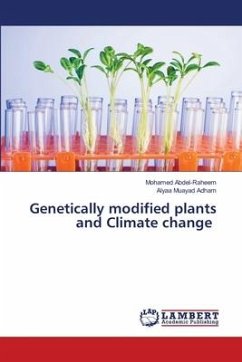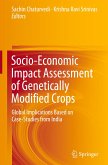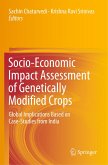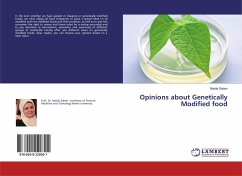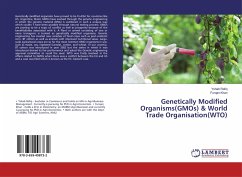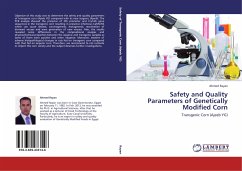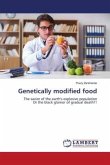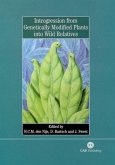Climate change refers to significant, long-term changes in the global climate. The global climate is the connected system of sun, earth and oceans, wind, rain and snow, forests, deserts and savannas, and everything people do, too. The climate of a place, say New York, can be described as its rainfall, changing temperatures during the year and so on. Genetically modified (GM) crops can help reduce agricultural greenhouse gas (GHG) emissions. In addition to possible decreases in production emissions, GM yield gains also mitigate land-use change and related emissions. Wider adoption of already-existing GM crops in Europe could result in a reduction equivalent to 7.5% of the total agricultural GHG emissions of Europe. Moreover, sustainable agriculture and biodiversity benefit most from crop diversity. Under today's changing weather caused by climate change, crop diversity increases the resilience and long term survival of the farming system since, in 50 seeds of the same species, some will adapt better to warmer climates than others. With fewer seeds, the odds of having climate-adaptable seeds get reduced.
Bitte wählen Sie Ihr Anliegen aus.
Rechnungen
Retourenschein anfordern
Bestellstatus
Storno

